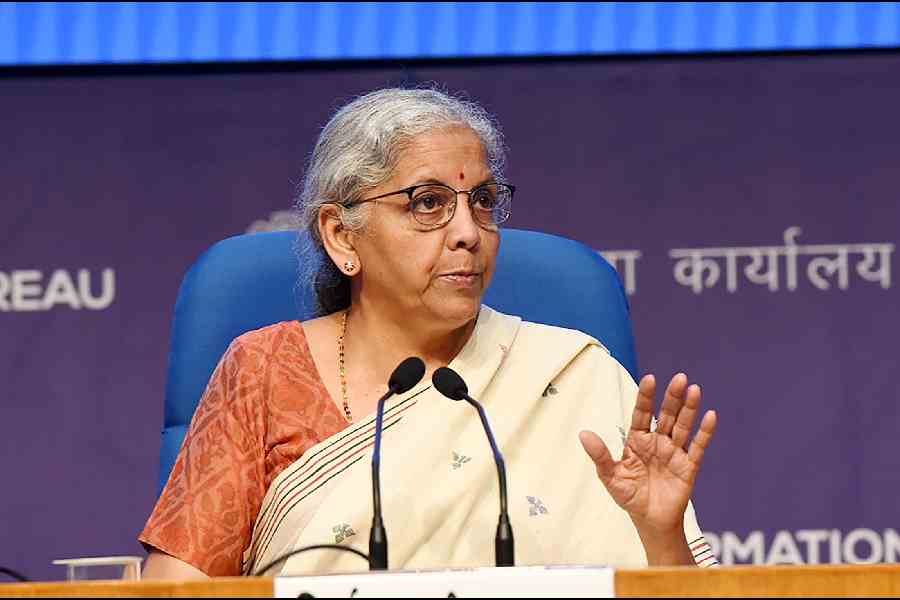The Union finance minister has presented an interim budget for the fiscal year, 2024-25. Hence, as per convention, Nirmala Sitharaman refrained from making any changes in direct as well as indirect taxes and customs duty rates. On the tax front, there was an announcement of withdrawing disputed income tax demands for petty amounts that have remained unsettled for a long time. This is supposed to benefit one crore tax-payers. A housing scheme was announced that would provide entry-level homes for the middle class. Such schemes are important to the extent they create significant employment opportunities. Similarly, the schemes for roof-top solar panels are to be encouraged. Unsurprisingly, the focus of Ms Sitharaman’s assertions was on how well the Indian economy has done since 2014, especially when compared to the performance during the earlier years of the United Progressive Alliance government. The youth, women, the poor, and the farmers, she claimed, would receive special attention in an inclusive budget. An assertion was also made that efforts would be made to augment farm incomes and step up investments in post-harvest activities. In her short speech, Ms Sitharaman also spoke about the success of various ongoing government schemes and highlighted India’s overall economic growth. There were numerous references to ‘Viksit Bharat’ that is supposed to arrive by 2047. Of course, these claims need to be ascertained by reliable data-sets that have become rare under Mr Modi’s regime.
One feather in Ms Sitharaman’s cap has been her management of the budget numbers during 2023-24. The figures for expenditures and revenues suggest that the revised estimates, by and large, have been kept to minor deviations from the budgeted figures. The budgeted estimate of the fiscal deficit was 5.9% and the revised estimate is just below that figure — at 5.8%. The finance minister has stated that the budgeted figure for 2024-25 is set to be 5.1%. The revenue deficit figures and the primary deficit figures are also very close to the budgeted estimates. This has been quite an aggressive fiscal management. Capital expenditure is budgeted to grow at around 11% in the current fiscal; this estimate might change when the full budget is presented later in the year. In a related takeaway from the budget, the government has decided to continue with its 50 year interest free loan scheme to states for meeting their capital expenditures. Some comments indicated that private investments have begun to pick up and, hence, the need for public investments would taper off. However, there were no direct indications of facilitating increased privatisation of public assets. This gap between word and deed is consistent with the empty rhetoric on privatisation issued by other elected regimes.
The budget had no popular announcements, reflecting the degree of confidence the present government has about returning to power. The finance minister alluded to a future for India that will be characterised by democracy, demography and diversity. However, such a lofty future cannot be attained through budgetary allocations alone.










